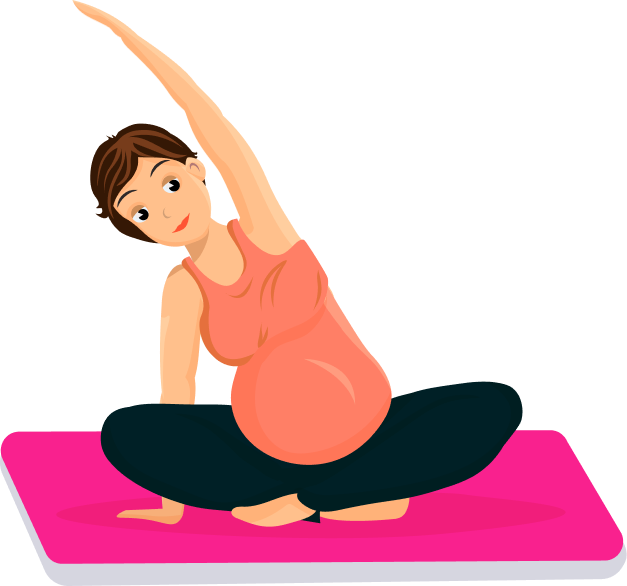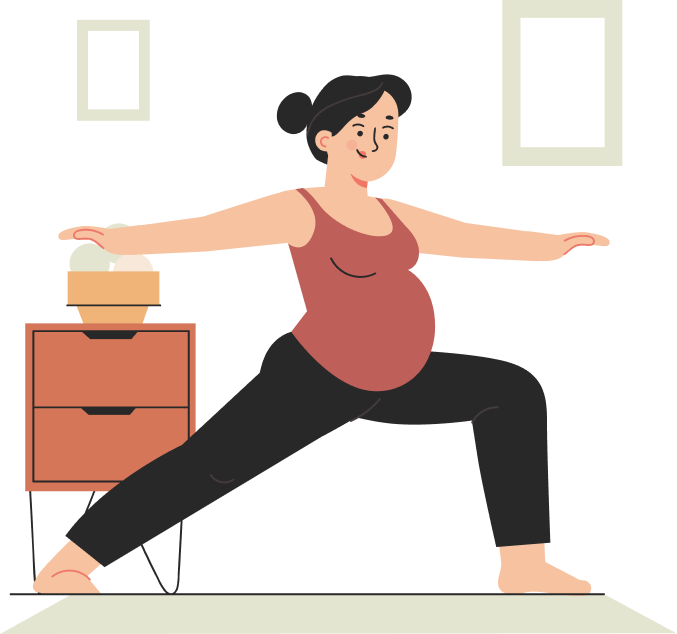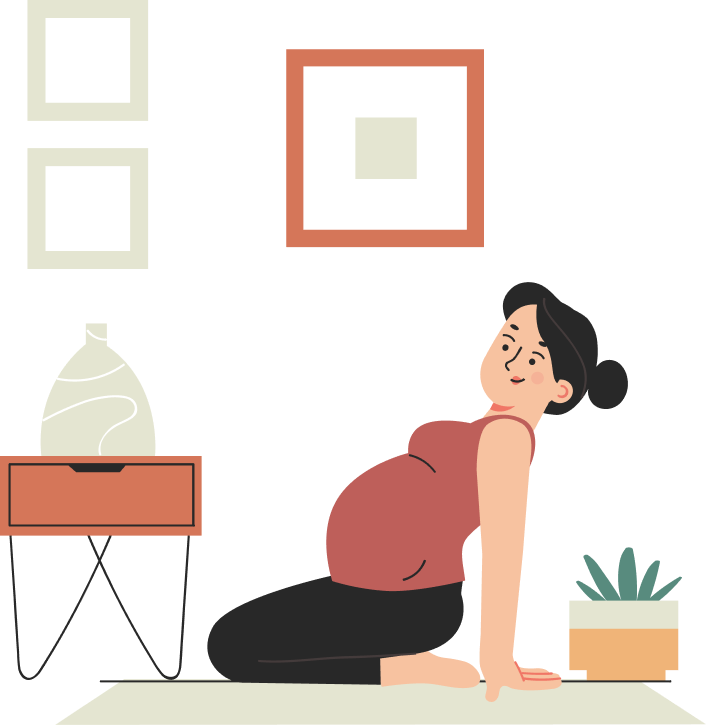You may also like…
Why should you exercise during pregnancy?
Exercise during pregnancy offers a wide array of benefits to the developing mother and baby, some general ones include; overall health boost, weight gain management, improved mood and reduced discomfort, more enhanced energy levels, healthier fetal development, preparation for childbirth and manage pregnancy discomforts.
Exercise During Pregnancy
It is very important for you to feel energized throughout your pregnancy and keep working out. An active “you” means an “active baby.” Working out keeps your muscles healthy and prepares you for good labor and birth. Low-impact activities like walking, running, swimming and play-time with children is a very good idea throughout the pregnancy journey. Make sure that you do not engage in any activity that poses a safety risk or a risk of trauma to your abdomen or lower back.
A basic exercise routine will help you stay fit during your pregnancy and keep you at your best before you enter labour. Staying regularly active and fit can help prevent distresses such as constipation, backache, swelling, bloating, fatigue and heartburn. Moreover, it helps to keep a calm mind and assists with sleep issues. Exercising 3 times a week is the normal of a pregnancy unless your treating physician has suggested otherwise. Calculate a target heart rate by subtracting your present age from 220 and stay within a 70% of this heart rate. Some woman who suffer from previous medical conditions such as high blood pressure, asthma, heart or lung disease of any kind can find exercising aggravating these issues during pregnancy and must refer to their treating physicians before they start any such routine.
In addition, women suffering from complicated pregnancies and precious babies must adhere to instructions advised by their doctor and not exercise. These may include woman with a history and current issue of Vaginal bleeding or spotting, low lying placenta, weak cervix, threatened or recurrent mischarriage, history of stillbirth, premature ruptured membranes, previous premature births or a history of early labor.
Exercises that you can do include the following, remember to keep them slowly paced with regular breaks and stopping when you feel like you are out of breath. Do not overwhelm yourself and at all times maintain a safe distance from any equipment that might prove to be injurious to you or your baby.
- Light jogging
- Brisk walk
- Swimming
- Prenatal yoga
- Low impact aerobics
- Stretching exercises that include: neck rotation, shoulder rotation, swim, ankle rotation, thigh shift, leg shake,
- Muscle toning exercises that are good for you during pregnancy include; pelvic tilt, tailor exercises and Kegel exercises (Kegel exercises are very good for healthy childbirth and should be practice thrice/day)
Always remember to :
- Warm up before any exercise for 5 minutes
- Do not perform any exercise that involves lying on the back for more than 3 minutes
- Do not do any exercise that involves twisting and turning your waist too often
- Do not involve any exercises that aims on lifting more than 2.5 kg weight (2.5 kg is only recommended if prior to pregnancy you were used to doing this thrice a week)
- Avoid any hot tubs, sauna baths
- Avoid contact sports such as cricket, volleyball, throwball, netball, basketball to minimize the risk of injury or fall.










